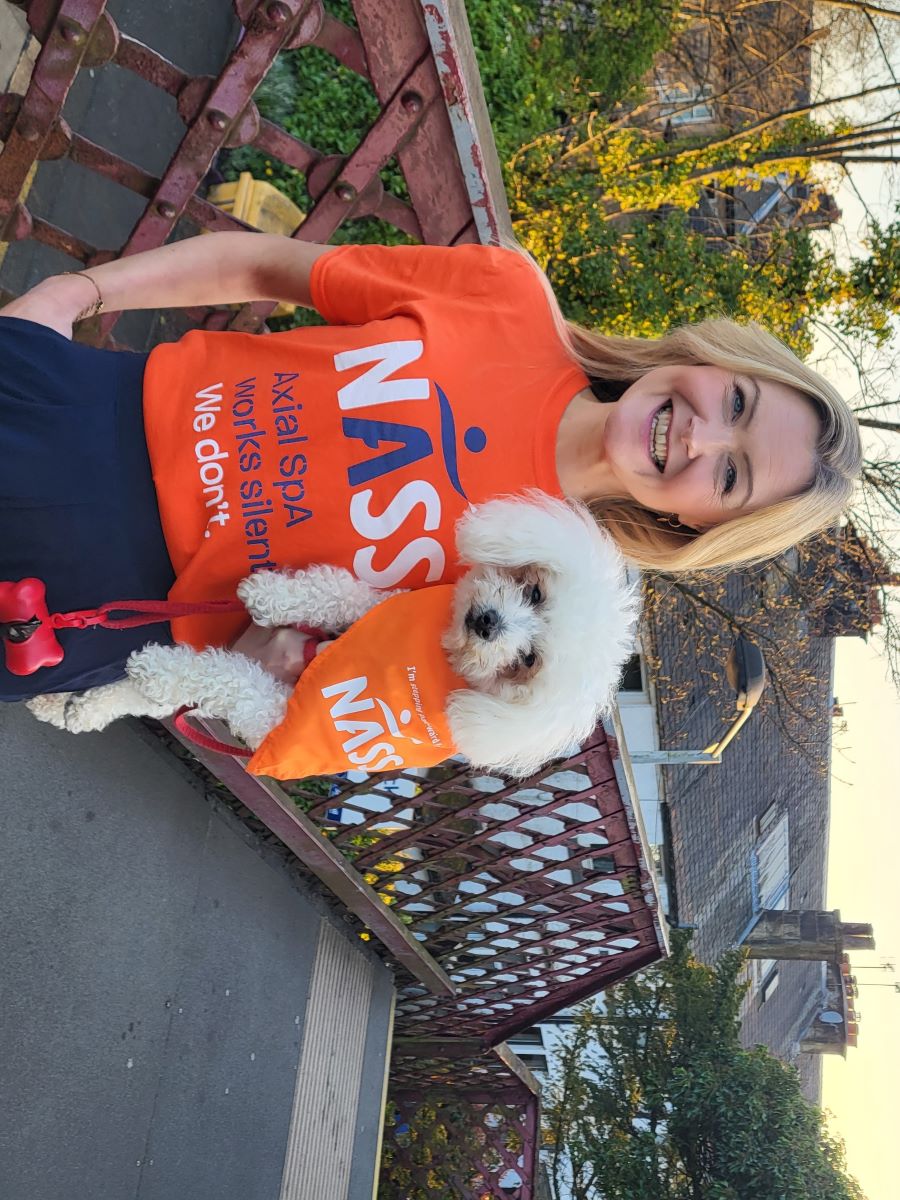
Join a community fundraiser
Join a community fundraising event and fundraise for NASS. Whether you join Walk Your AS Off, Stretch-tember or Winter Walk Challenge, every penny you raise really does make a difference to the lives of people with axial SpA with the help of NASS.
Upcoming events

